KARACHI, Feb 14: Abdus Sattar Edhi remembers a tearful mother who agonised over whether or not to abandon her three-year-old son to charity after her husband lost his job.
“A year ago, we used to receive a couple of kids across the country a day, but the number is rising mainly because our people’s economic situation is weakening,” said Edhi, who heads the charitable Edhi Foundation.
“Now we receive one or two kids every day just in Karachi, and across the country five or six,” he said.
On the porch outside the charity’s head office in Karachi, metal cradles hang from chains beneath a sign that reads: “Do not kill, lay them here.”
Parents lay up to 40 children a month in the cradles – a heartbreaking indication of just how tough it has become to feed and clothe families in a country where the economic situation is worsening almost daily.
The global credit crunch has hammered the country’s economy. Food prices have soared and overall inflation is rising while export orders from crisis-hit Western economies have slumped.
According to Edhi, this was the undoing of Jehan Ara, who in floods of tears lay her toddler in a crib as she could no longer to afford to care for him.
“She said ‘I’m leaving him until we have the means to raise him. His father is a labourer who has lost his job in a mill and my earnings are not enough to feed him and my two older kids’,” Edhi remembered.
The foundation runs 18 centres across the country, housing more than 2,000 children at any one time. In Karachi, there are about 200.
The children live in dormitories, attend school classes, share a communal play area and go on monthly outings.
Sometimes, Edhi said, the children ask where their parents are.
“Someone threw me in the cradle and I’ve been here ever since. It is now my family,” says Mohsin, who is nicknamed Kaka, meaning little boy.
Anwer Kazmi, an official at Edhi’s foundation, said there are 320 cradles outside Edhi offices nationwide, including 40 in Karachi.
“If people stop leaving their children at my doorstep it would show Pakistan is on the path of prosperity,” said Edhi. “But since cradles are continuously filling at my centres, I don’t see it happening in near future.”
On the pavement outside a nearby restaurant, kitchen staff set down lentil soup and bread – charity for the children.
Kaiser Bengali, an economist and former member of the government’s economic council, said 40 per cent of Pakistan’s population of 160 million live on one dollar a day or less. The government puts the figure at 33 per cent.
Food prices that have doubled since 2005 have only made the poor poorer, Bengali said.
Imran Ali, 32, worked in a knitwear factory in the city’s slum neighbourhood of Korangi, where he earned between Rs200 and Rs300 a day depending on how many shirts he stitched, until his services were terminated.
“I am a father of four and can’t afford to live without working. It’s impossible to find a job anywhere now and people like me don’t have the savings to start working independently,” he said.
With little hope of finding another job, he says his family depends on what his 14-year-old son earns selling flowers at traffic lights to supplement his wife’s salary as a maid.
“Their earnings are too little to buy bread for all and keep the other kids in school,” he said.—AFP














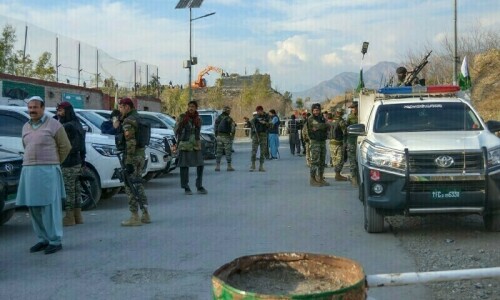

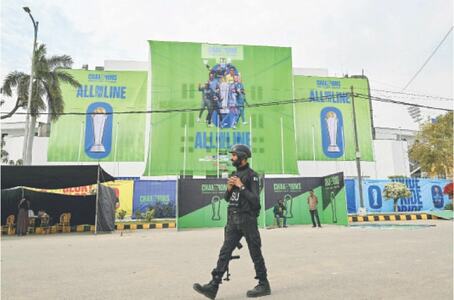
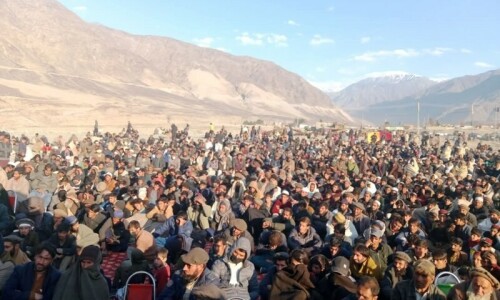
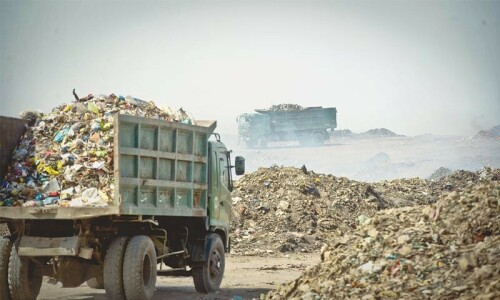


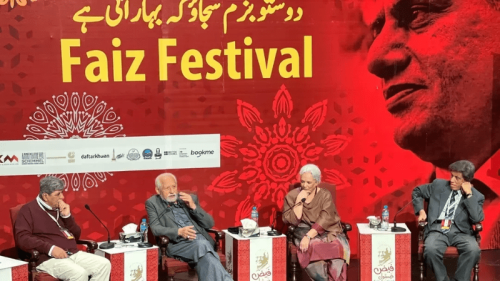














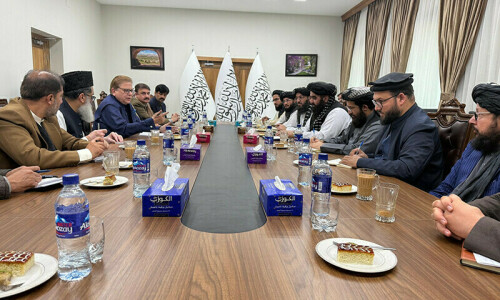

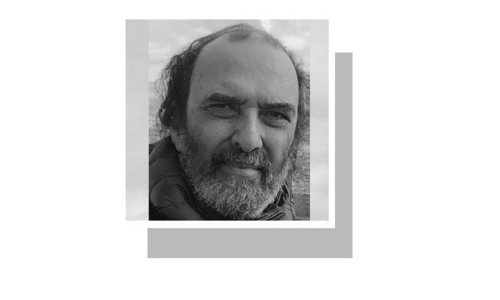
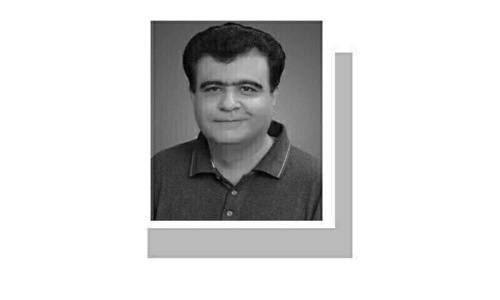






Dear visitor, the comments section is undergoing an overhaul and will return soon.